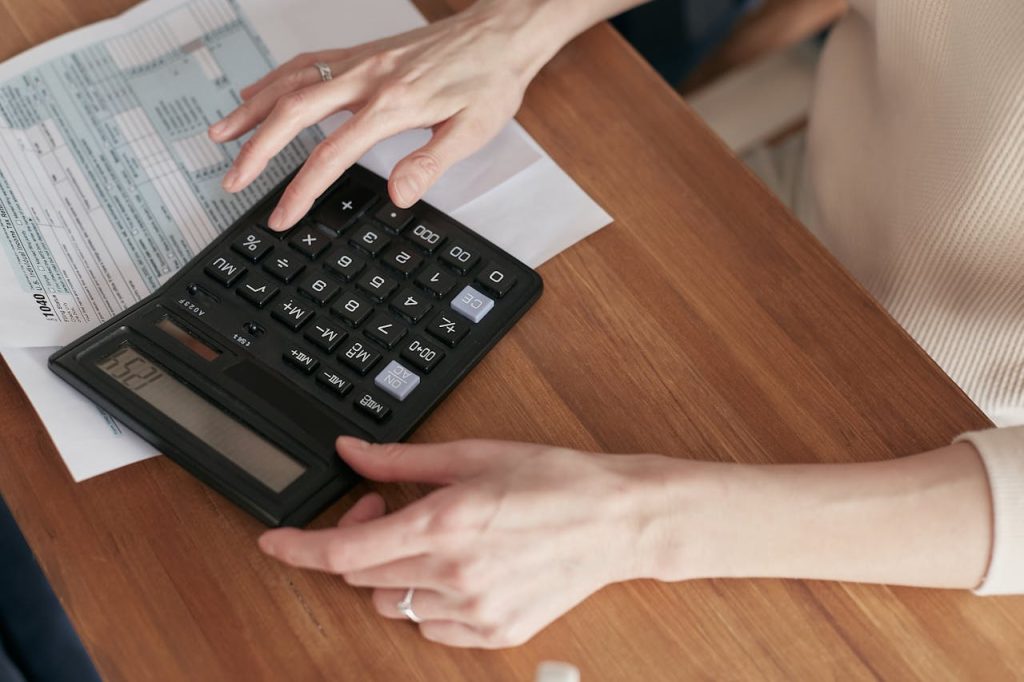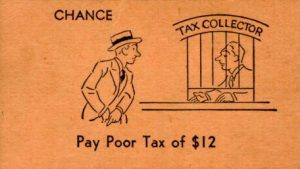
Image Source: pexels.com
Tax rules change all the time. What worked last year might not work this year. If you’re still following old tax advice, you could be missing out or even making mistakes. The tax code for 2025 looks different from what you might remember. Some tips that used to save you money or time are now outdated. Here’s what you need to know so you don’t get caught using tax advice that no longer applies in 2025.
1. Standard Deduction vs. Itemizing: The Old Math Doesn’t Work
For years, people debated whether to take the standard deduction or itemize. The advice was simple: if your itemized deductions were higher, itemize. But in 2025, the numbers have changed. The standard deduction is now much higher than it was a decade ago. Many common deductions, like unreimbursed employee expenses, are gone or limited. For most people, itemizing just doesn’t make sense anymore. If you’re still collecting receipts for every little thing, you’re probably wasting your time. Check the new standard deduction amount before you start sorting through paperwork. You might find that the standard deduction is the better deal for you.
2. SALT Deduction Limits: The Cap Remains
Some people hoped the $10,000 cap on state and local tax (SALT) deductions would disappear. It hasn’t. The limit is still here in 2025. If you live in a high-tax state, you can’t deduct more than $10,000 in state and local taxes on your federal return. Old advice about “maximizing your property tax payments” or “prepaying state taxes” to boost your deduction doesn’t work anymore. The cap is firm. Don’t plan your payments around a bigger deduction that isn’t possible.
3. Moving Expenses: No Longer Deductible for Most
It used to be that if you moved for a new job, you could deduct your moving expenses. That’s not true for most people anymore. Since the 2017 tax law changes, only active-duty military members moving due to a military order can claim this deduction. If you’re not in the military, don’t bother tracking your moving truck receipts or storage costs. This is a common area where people still get tripped up. If you moved for work in 2025, you can’t deduct those costs on your federal return.
4. Home Office Deduction: Employees Can’t Claim It
Working from home is more common than ever. But if you’re a W-2 employee, you can’t claim the home office deduction. This rule changed a few years ago, but many people still think they can write off a portion of their rent or utilities. Only self-employed people, freelancers, or independent contractors can claim the home office deduction. If you get a paycheck from an employer, this deduction is off the table. Don’t risk an audit by claiming it when you shouldn’t.
5. Child Tax Credit: The Rules Have Shifted
The child tax credit has changed several times in recent years. In 2025, the expanded credits from the pandemic years are gone. The credit is back to its pre-pandemic rules, with lower income limits and a smaller maximum amount per child. If you’re expecting a big refund based on last year’s numbers, you might be disappointed. Make sure you know the current rules before you file.
6. Alimony Payments: No Longer Deductible
If your divorce was finalized after 2018, you can’t deduct alimony payments on your federal taxes. This is a significant change from the old rules, where alimony was deductible for the payer and taxable for the recipient. Now, alimony is not deductible, and the recipient doesn’t have to report it as income. If you’re following old advice about deducting alimony, stop. The rules changed, and the IRS will notice if you try to claim this deduction.
7. Education Credits: Lifetime Learning Credit and AOTC Changes
Education tax credits have shifted. The American Opportunity Tax Credit (AOTC) and Lifetime Learning Credit (LLC) have new income phaseouts and eligibility rules in 2025. Some advice about “stacking” credits or claiming both for the same student no longer applies. You can only claim one credit per student per year. The income limits are stricter, so check if you still qualify. Don’t assume you can use the same strategy as before.
8. Retirement Contributions: Roth IRA Income Limits Adjusted
Roth IRA income limits have changed for 2025. If you’re used to maxing out your Roth IRA, double-check the new income thresholds. Some people who qualified last year may not be eligible this year. The advice to “always contribute to a Roth if you can” still makes sense, but you need to make sure you’re under the new limits. If you go over, you could face penalties. Review the current numbers before you contribute.
9. Medical Expense Deduction: Higher Threshold
The threshold for deducting medical expenses is now higher. You can only deduct medical expenses that exceed 10% of your adjusted gross income (AGI). In the past, the threshold was lower, and more people could claim this deduction. Now, unless you have very high medical bills, you probably won’t qualify. Don’t spend time adding up every co-pay and prescription unless you know you’ll clear the 10% hurdle.
10. Casualty and Theft Losses: Only for Federally Declared Disasters
You used to be able to deduct losses from theft or accidents. Now, you can only claim these deductions if your loss is from a federally declared disaster. If your basement floods or your car is stolen, you can’t deduct the loss unless the federal government officially recognizes the event. This is a big change from past years, so don’t count on this deduction unless you’re sure your situation qualifies.
Staying Current Means Saving Money
Tax advice that worked in the past can cost you now. The rules for 2025 are different, and using outdated tips can lead to missed deductions, smaller refunds, or even IRS trouble. Always check the latest IRS guidelines or talk to a tax professional before you file. Staying up to date is the best way to keep more of your money.
What old tax advice have you heard that no longer works? Share your stories or questions in the comments.
Read More
Stop Reading About Last Year’s Top Ten Mutual Funds
Federal Reserve Report: Hang On For Rough Ride…

Travis Campbell is a digital marketer/developer with over 10 years of experience and a writer for over 6 years. He holds a degree in E-commerce and likes to share life advice he’s learned over the years. Travis loves spending time on the golf course or at the gym when he’s not working.



